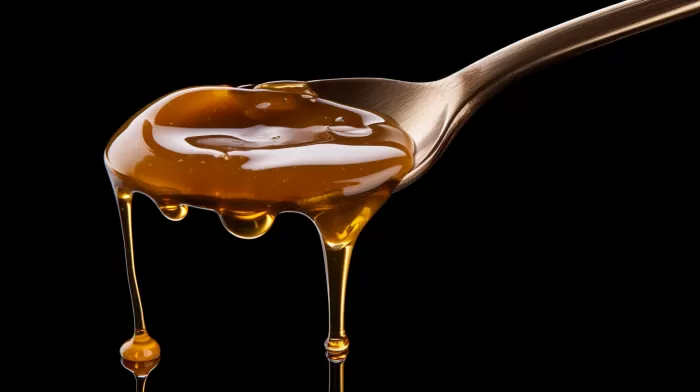Bacteria are constantly evolving, and one of the biggest challenges we face today in medicine is their ability to resist antibiotics. Antibiotics are often over-prescribed and used in instances where they have no effect, such as viral illnesses. As these bacteria are exposed to more antibiotics, they become better at withstanding their effects.
To make matters worse, researchers at the University of North Carolina at Chapel Hill found that prescription drugs are putting our lives at risk in another unexpected way. They discovered that these drugs often prompt bacteria to produce biofilm; a protective coating that makes harmful bacteria even more difficult to eradicate.
It has been commonly believed that biofilm formation in response to antibiotics was a general stress response from the bacteria. However, the researchers now believe that antibiotics may play a role in encouraging biofilm formation. According to researcher Elizabeth Shank, “Our findings indicate that [antibiotics forming biofilms] isn’t true. We’ve discovered an antibiotic that very specifically activates biofilm formation, and does so in a way that has nothing to do with its ability to kill.”
What this means is that, even if antibiotics aren’t causing resistance in bacteria, they’re still making these organisms more dangerous to humans. The National Institute for Health (NIH) reports that biofilms are implicated in up to 80 percent of all chronic recurring infections, including Staph. Conventional treatments have proven ineffective against these biofilms.
Thankfully, Mother Nature is providing a possible solution. Honey has been used since 2500 BC to treat chronic infections, and recent studies show that Manuka honey is highly effective at preventing and eliminating biofilms created by methicillin-sensitive and methicillin-resistant Staphylococcus aureus. Multiple studies have demonstrated its success on a range of bacteria at various levels.
With any luck, researchers will soon be able to incorporate the antimicrobial powers of Manuka honey in a range of treatments for biofilms. Until then, it’s crucial for us to change the way we think about antibiotics.
First, avoid taking antibiotics unless absolutely necessary. Many experts warn that common infections may soon become resistant and untreatable by antibiotics, as pathogens continue to evolve. Strengthening your immune system can help you fight off less severe infections and prevent viral infections, like the common cold, from turning into bacterial infections.
Second, consider reducing your exposure to antibiotics through the meat you consume. Organic meat is antibiotic-free, unlike regular supermarket meats, which can contain residues from antibiotics used on the animals. Finally, practice good hand hygiene. Regular handwashing can make a significant difference in preventing the spread of infectious bacteria.
In conclusion, bacteria are becoming increasingly antibiotic-resistant, posing a significant challenge to modern medicine. Researchers have found that antibiotics may play a role in forming biofilms, which increase bacterial resistance. One potential solution is the use of Manuka honey, which has shown promise in combating biofilms. Until more comprehensive solutions are developed, it’s important to limit our use of antibiotics, consume antibiotic-free meat, and maintain proper handwashing habits to protect against harmful bacteria.



